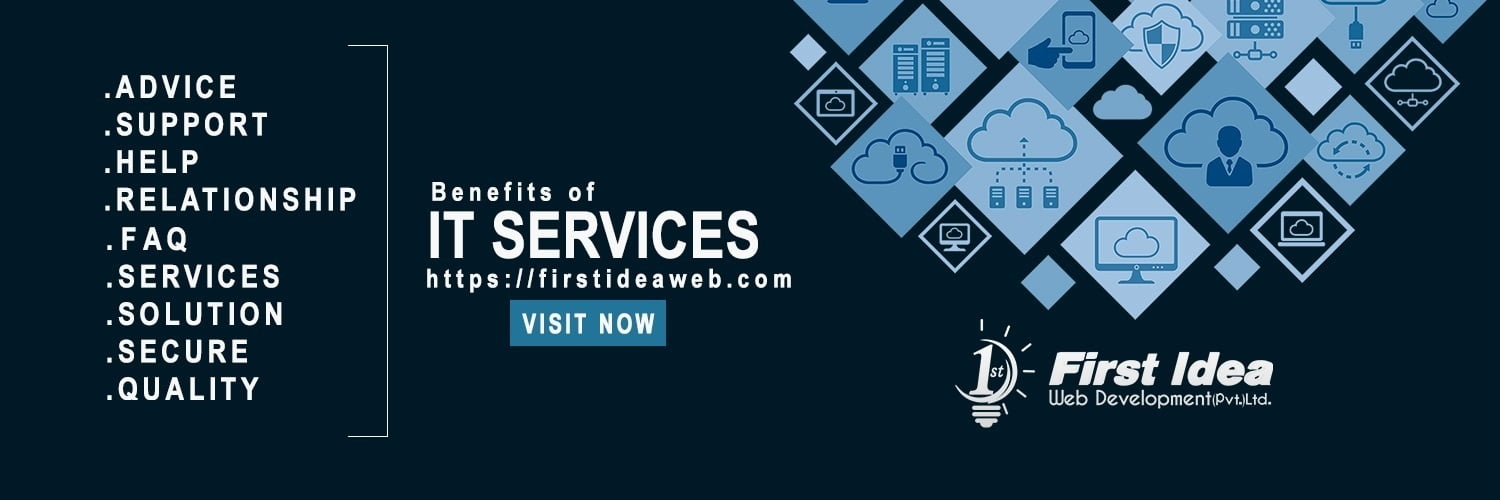When it comes to running a modern business, there is no doubt that efficient and reliable IT services are crucial. As technology continues to advance at a rapid pace, organizations must adapt and leverage these innovations to stay competitive. IT services, encompassing a wide range of solutions and support, play a pivotal role in enhancing productivity, streamlining operations, and empowering both employees and customers.
In today's fast-paced digital landscape, businesses heavily rely on IT services to optimize their operations and achieve their goals. From maintaining a secure and stable network infrastructure to providing technical support and guidance, IT services help organizations navigate the ever-evolving technology landscape. Whether through managing software and hardware requirements, ensuring data protection and privacy, or fostering collaboration and communication, these services offer a comprehensive approach to meet the specific needs of each business.
Furthermore, IT services unlock a world of possibilities for businesses, enabling them to leverage emerging technologies to their advantage. Cloud computing, artificial intelligence, Internet of Things, and data analytics are just a few examples of the transformative technologies that IT services provide access to. By harnessing the power of these innovations, companies can drive efficiency, boost innovation, and gain a competitive edge in their respective industries.
In this essential guide to IT services, we will delve deeper into the key aspects and benefits of these services. We will explore how IT services can optimize business processes, enhance cybersecurity, facilitate remote work, improve customer experience, and ensure seamless growth and scalability. So, let's embark on this journey to unlock efficiency and empowerment through the world of IT services.
Understanding IT Services
In today's fast-paced digital world, IT Services have become an integral part of the organizational infrastructure. IT Services refer to the range of activities, tools, and technologies designed to manage and support information technology within a business or organization.
The primary goal of IT Services is to ensure the smooth functioning, security, and efficiency of an organization's IT systems and infrastructure. From providing technical support to managing software and hardware, IT Services play a crucial role in maximizing productivity and empowering employees to focus on their core responsibilities.
One essential aspect of IT Services is the maintenance and troubleshooting of hardware and software components. This includes ensuring that computer systems, servers, and network devices are up to date and functioning optimally. By actively monitoring and resolving issues promptly, IT Services help minimize downtime and improve overall system reliability.
Furthermore, IT Services encompass various support functions, such as help desk services and system administration. A dedicated help desk team acts as the first point of contact for employees seeking technical assistance. They address and resolve user queries, troubleshoot problems, and provide guidance on IT-related issues. System administrators, on the other hand, are responsible for managing user accounts, permissions, and overall system configurations.
In conclusion, IT Services are vital for organizations to effectively harness the power of technology. By ensuring the seamless operation of IT systems and providing user support, these services enable businesses to unlock efficiency and empower their workforce. Embracing and investing in robust IT Services is essential in leveraging technology for sustainable growth and success.
Benefits of IT Services
IT Services offer numerous advantages for businesses of all sizes. From small startups to large enterprises, implementing effective IT Services can unlock efficiency and empowerment in various aspects of operations. Let's explore some of the key benefits of IT Services.
Enhanced Productivity: IT Services streamline and automate various tasks, allowing employees to focus on core competencies rather than spending valuable time on manual processes. By leveraging IT Services, businesses can optimize workflows, minimize human error, and achieve higher productivity levels across the organization.
Improved Data Security: In today's digital age, data security is of utmost importance. IT Services provide robust measures to safeguard sensitive information from unauthorized access, breaches, and cyber threats. With regular data backups, encryption protocols, and advanced security systems, businesses can protect their valuable data assets and maintain customer trust.
Indiana and WisconsinScalability and Flexibility: One of the significant advantages of IT Services is the ability to scale systems and infrastructure according to business needs. Whether it's accommodating a growing user base, expanding operations, or adapting to market changes, IT Services offer the flexibility to adjust resources quickly and efficiently, ensuring seamless business continuity.
By harnessing the power of IT Services, businesses can unlock a range of benefits that positively impact their efficiency, productivity, and overall competitiveness in today's digital landscape.
Implementing IT Services
In order to successfully implement IT services, there are several key factors to consider. Firstly, it is important to have a clear understanding of the specific needs and goals of the organization. By aligning the IT services with the overall objectives, the implementation process can be much smoother.
Next, it is crucial to have a well-defined roadmap for the implementation. This involves breaking down the project into manageable tasks and setting realistic timelines. By having a structured plan in place, it becomes easier to track progress and make necessary adjustments along the way.
Additionally, effective communication and collaboration are essential when implementing IT services. This includes involving all relevant stakeholders and keeping lines of communication open throughout the process. By actively engaging with the team members and encouraging feedback, it is possible to address any potential issues or concerns that may arise.
Ultimately, the successful implementation of IT services requires careful planning, clear communication, and effective collaboration. By following these key steps, organizations can unlock the full potential of their IT systems and empower their workforce to achieve greater efficiency and productivity.


